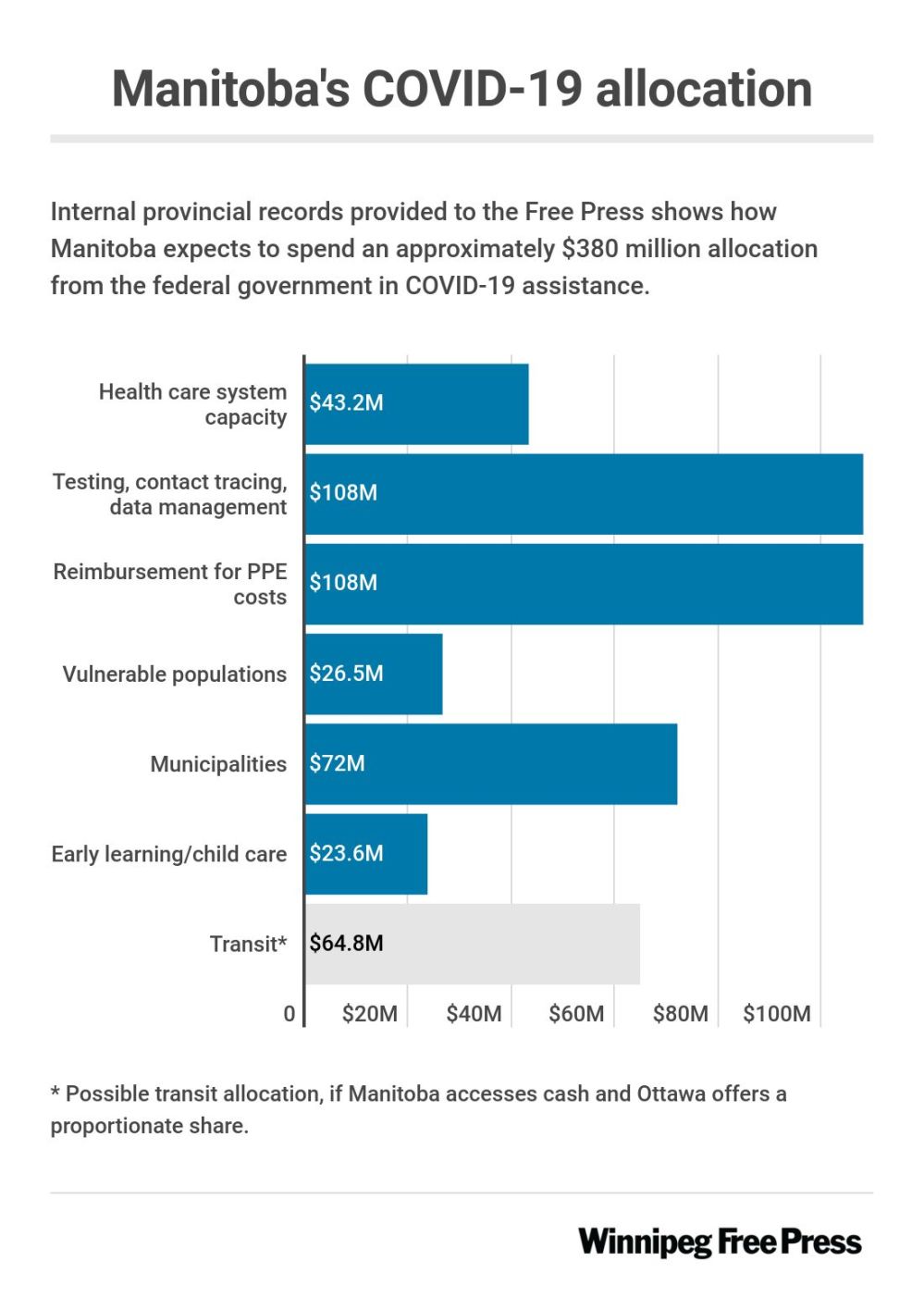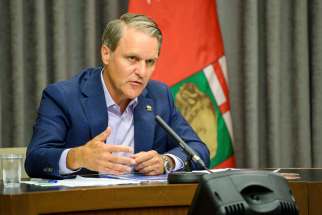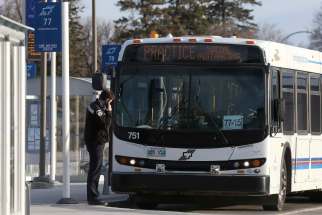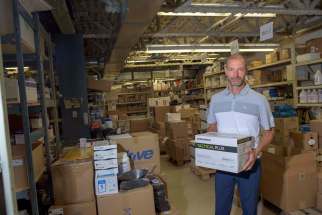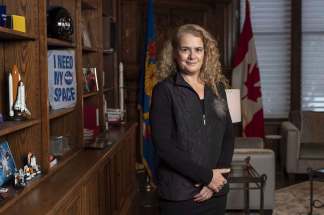Pallister ponders federal transit money, delay in COVID sick-pay program
Read this article for free:
or
Already have an account? Log in here »
To continue reading, please subscribe:
Monthly Digital Subscription
$0 for the first 4 weeks*
- Enjoy unlimited reading on winnipegfreepress.com
- Read the E-Edition, our digital replica newspaper
- Access News Break, our award-winning app
- Play interactive puzzles
*No charge for 4 weeks then price increases to the regular rate of $19.00 plus GST every four weeks. Offer available to new and qualified returning subscribers only. Cancel any time.
Monthly Digital Subscription
$4.75/week*
- Enjoy unlimited reading on winnipegfreepress.com
- Read the E-Edition, our digital replica newspaper
- Access News Break, our award-winning app
- Play interactive puzzles
*Billed as $19 plus GST every four weeks. Cancel any time.
To continue reading, please subscribe:
Add Free Press access to your Brandon Sun subscription for only an additional
$1 for the first 4 weeks*
*Your next subscription payment will increase by $1.00 and you will be charged $16.99 plus GST for four weeks. After four weeks, your payment will increase to $23.99 plus GST every four weeks.
Read unlimited articles for free today:
or
Already have an account? Log in here »
Hey there, time traveller!
This article was published 23/07/2020 (1970 days ago), so information in it may no longer be current.
OTTAWA — Premier Brian Pallister is considering whether to take federal cash to help shore up transit during the pandemic, as the province would have to match as much as $65 million.
The premier is also warning he might delay implementing sick-leave pay for workers who suspect they have COVID-19, due to a months-long feud with the provincial NDP.
Internal provincial records show how Manitoba expects to spend its estimated $381.3 million that the federal government is sending to help cope with the COVID-19 pandemic.
The $19.2-billion national funding package was announced a week ago, and roughly $12 billion will go directly to provinces and territories to administer.
Provinces have agreed to meet quotas for seven areas, such as child care and protective equipment, and Pallister’s office provided its own estimated quotas to the Free Press.
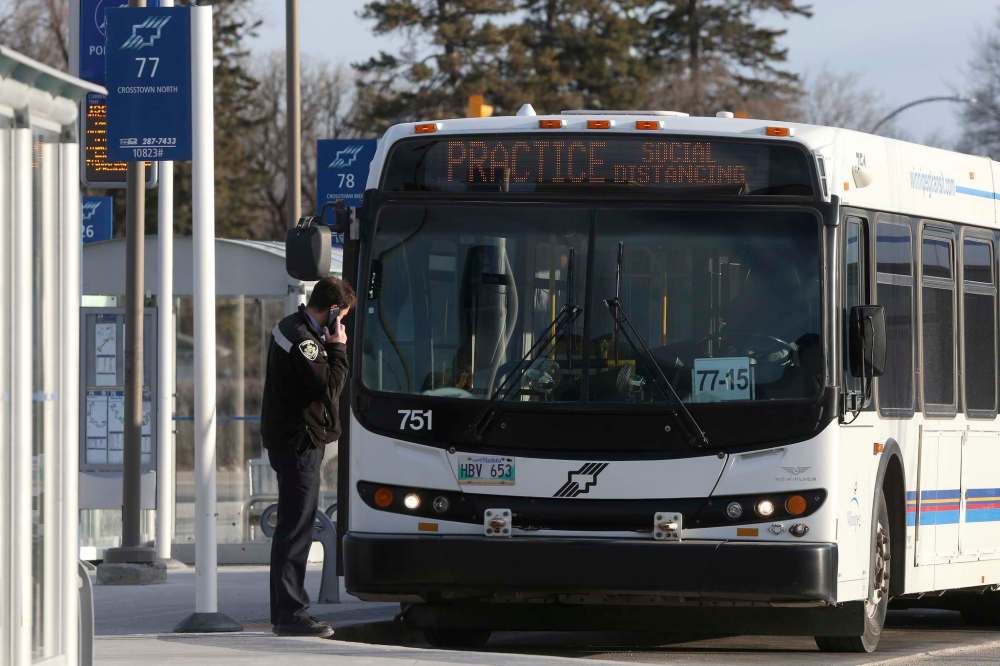
Marked “confidential,” the amounts are proportionate to the province’s share of the Canadian population — suggesting Ottawa will dole out the cash per capita, instead of based on the number of COVID-19 cases.
The largest two chunks surround equipment for front-line workers, as well as testing and reporting data to Ottawa to keep tabs on outbreaks.
The smallest allocation is for child care, based on Ottawa’s breakdown. That’s despite numerous economists saying a lack of daycare space is keeping women from returning to work.
The federal funding includes $1.8 billion for provinces who want to support transit systems, as long as they agree to match the funds they get from Ottawa.
The premier’s office deemed that allocation “to be determined,” and said it’s in talks with Deputy Prime Minister Chrystia Freeland on whether it will access that funding, and if so, to what extent.
Using the proportion Manitoba has tabulated, the province would be eligible for just under $65 million.
New Brunswick’s conservative government has taken a pass on its share of transit cash.
The provincial Liberals claimed Thursday that Pallister had also declined its share, but couldn’t provide any evidence to substantiate that claim, and federal officials said they hadn’t heard of any rejection.
“We are very welcoming of any province, including Manitoba, that would like to opt in on transit funding as part of the Safe Restart Agreement,” wrote Freeland’s spokeswoman, Katherine Cuplinskas.
Winnipeg Mayor Brian Bowman said he hopes the Pallister government taps into the fund and believes it’s only fair to give it to cities based on population.
“That’s how it’s being provided to the provinces; it should flow in that respect to the municipalities,” he told the Free Press.
Manitoba has previously rejected or delayed participation in numerous cost-share projects, with the big-spending federal Liberals clashing with the Pallister government’s goals of balancing the books.
However, the province has agreed in the new deal to cost-match $72 million in federal funds for supporting municipalities, which face many COVID-19 costs and few ways of generating revenue.
As part of the massive deal, Ottawa will pay up to $1.1 billion for Canadians to take two weeks of sick leave if they suspect they have COVID-19.
That funding would come directly from Ottawa, but requires some provinces — including Manitoba — to pass legislation. Although Pallister has advocated for a national sick-leave program since May, he does not plan to bring the legislature back before its scheduled October sitting.
The premier said his PC government won’t put that legislation ahead of unrelated bills the Opposition NDP stalled in the spring.
Both accused each other of holding the sick-leave legislation hostage.
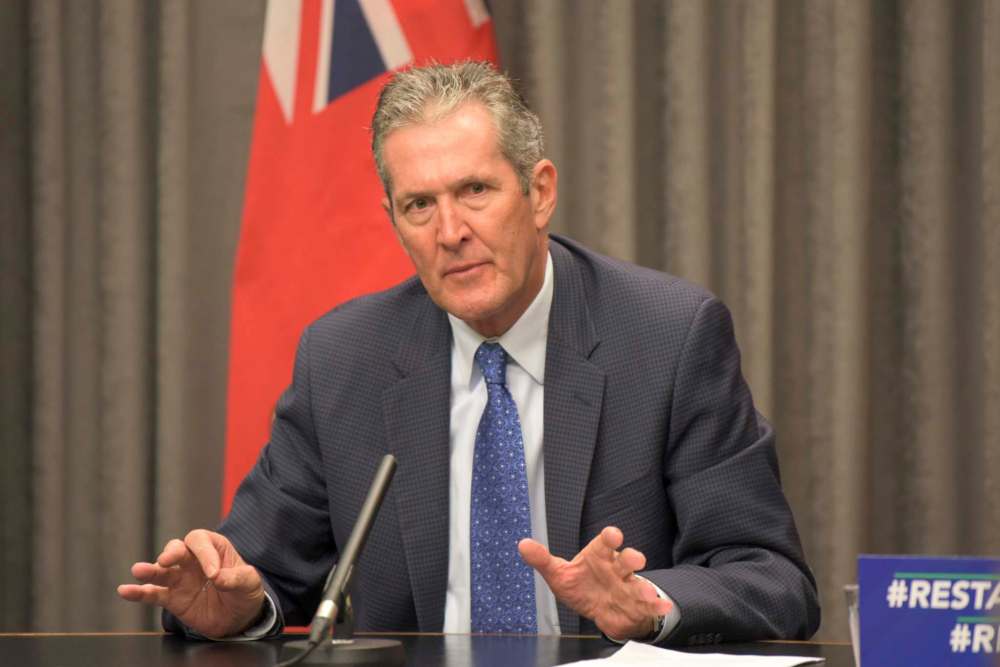
“There are many other (bills) that we have on the table (that) we’d like to move forward with. So I think that would be a precondition of getting back here in the legislature; if the opposition stops blockading the work of the legislature,” Pallister said.
“The first step is to let the people of Manitoba have a chance to let their government govern.”
NDP Leader Wab Kinew shot back that it was “offensive” for the premier to be “trying to ram through his entire legislative agenda” while holding infrequent talks with the NDP on those bills.
Kinew said the NDP would support calling back the legislature to implement paid sick leave this summer, so people at risk of sparking a fresh round of outbreaks feel confident staying home.
The funding is designed as an incentive for people to stay home instead of taking the risk of showing up at work and infecting more people.
NDP Leader Wab Kinew shot back that it was “offensive” for the premier to be “trying to ram through his entire legislative agenda” while holding infrequent talks with the NDP on those bills.
Kinew noted that the province is lifting more restrictions for indoor businesses Saturday .
“I would hope the government stops being a stick in the mud,” he said.
Freeland’s office is arranging the funding packages, and said it will soon issue public letters outlining how each province will spend its allocations.
The federal Liberals had no comment on the provincial squabbles holding up the legislation.
dylan.robertson@freepress.mb.ca
With files from Danielle Da Silva
Manitoba's internal estimates for federal COVID-19 cash

